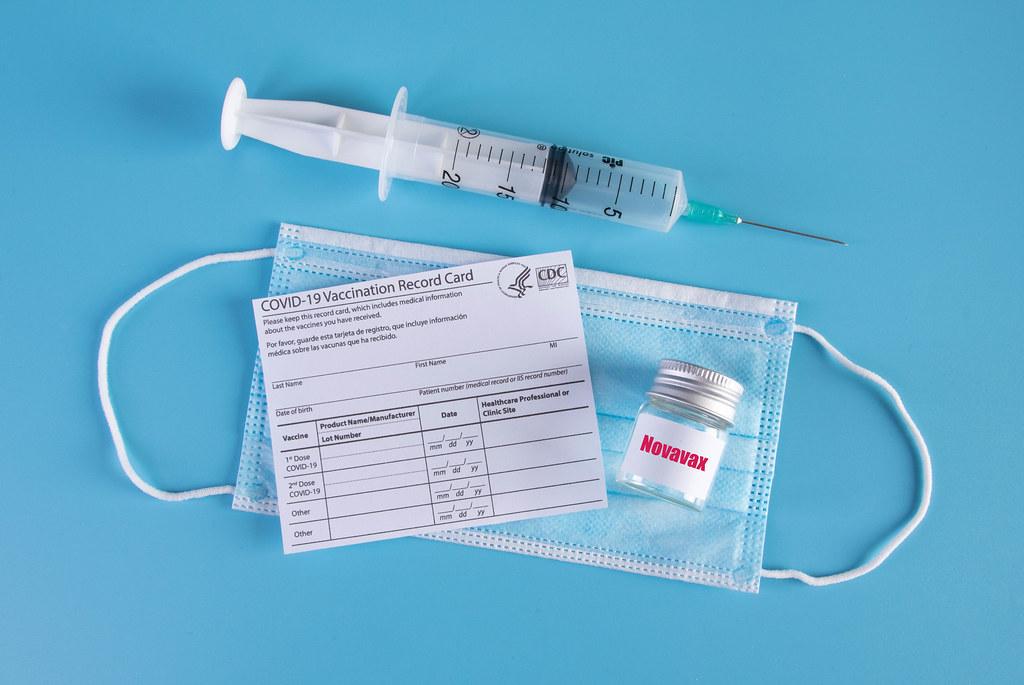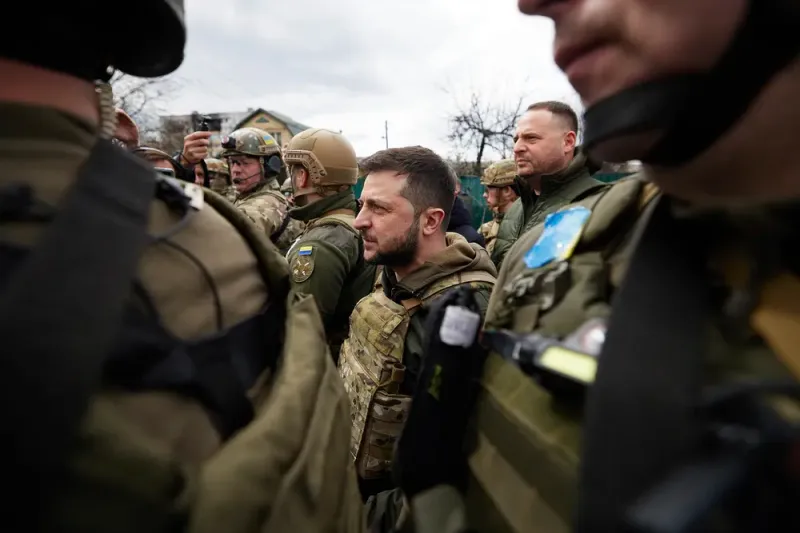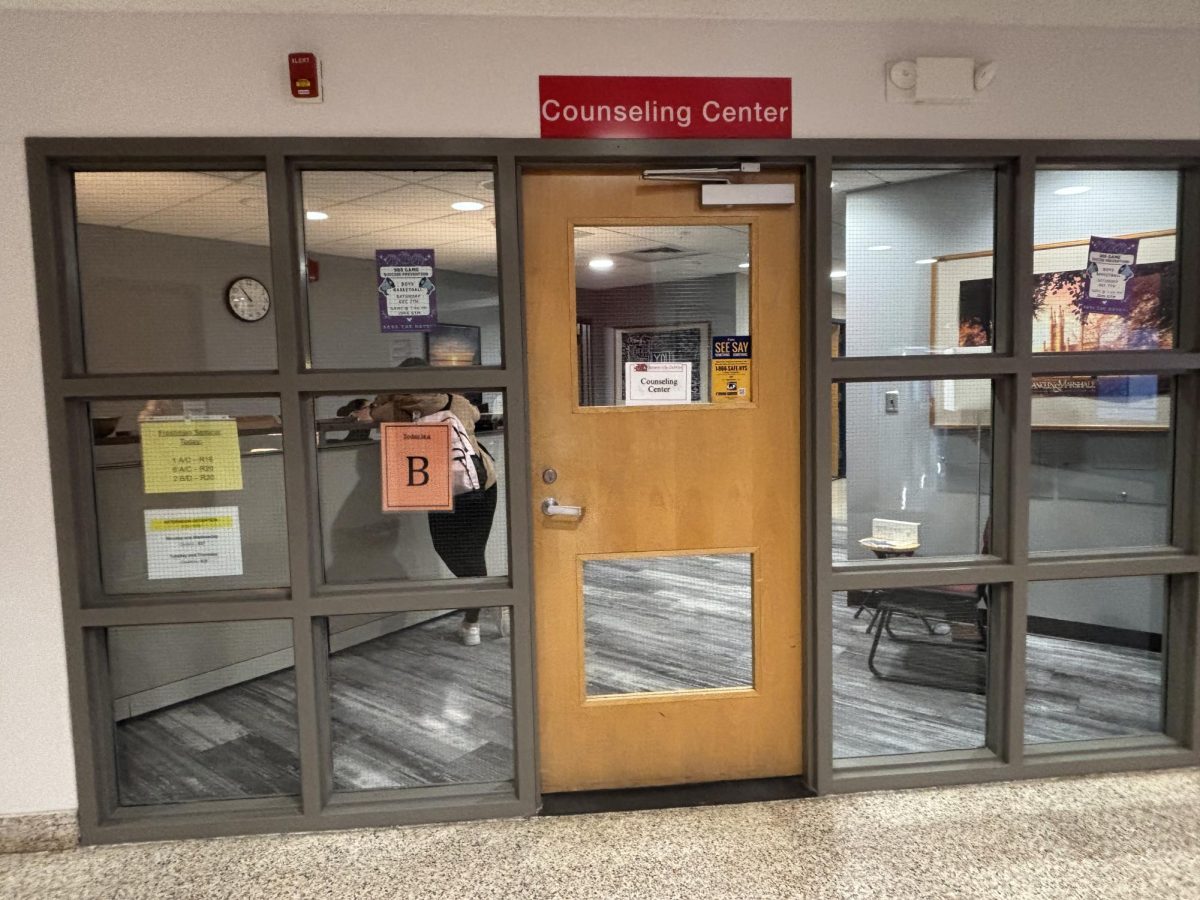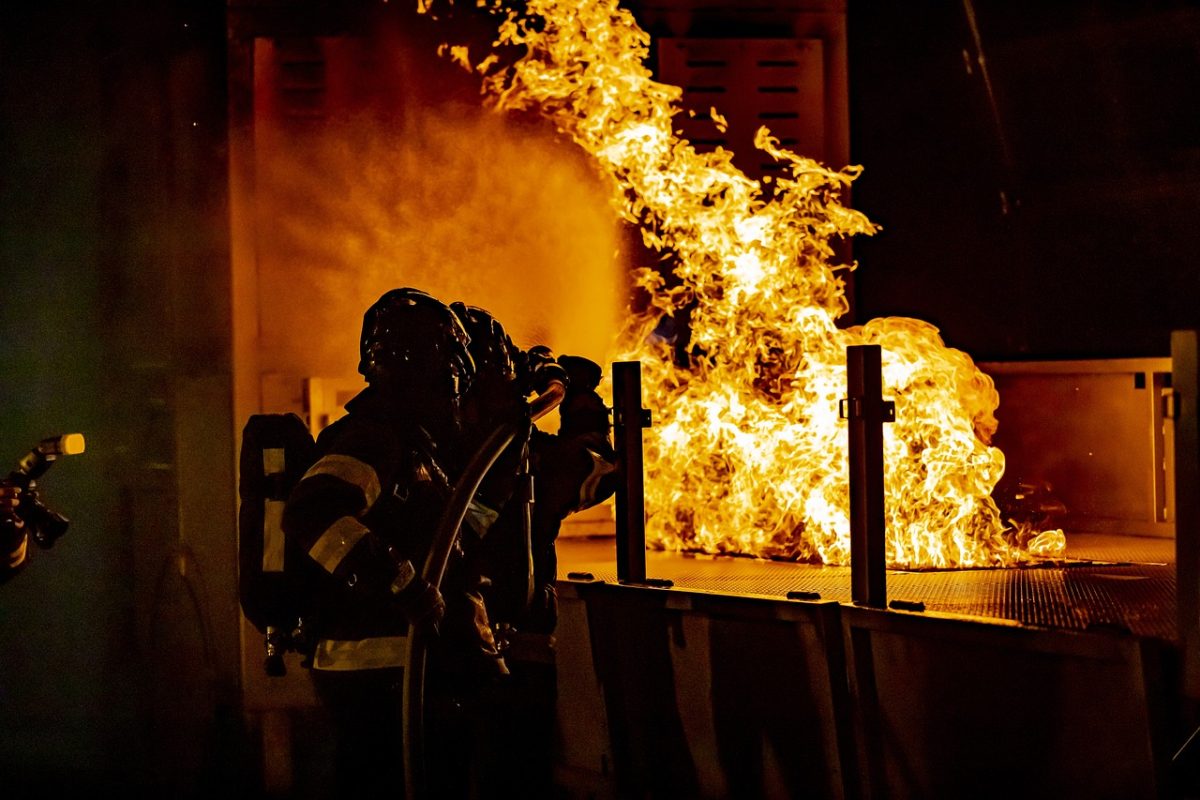On December 31, Novavax announced that it submitted its safety and efficacy data to the U.S. Food and Drug Administration (FDA) and will be applying for emergency use authorization by the end of January. They expect to get their vaccine approved by the FDA in the next 90 days. This comes after the European Union approved the Novavax shot in December 2021. The scientific name of the Novavax vaccine is NVX-CoV2373. The Novavax vaccine is made by a Maryland-based biotechnology company that goes by the same name.
While some other vaccines trick the human body to create small parts of the virus, the Novavax vaccine actually contains the COVID-19 spike protein, but in a format in which it cannot infect humans. The proteins attract immune cells to the injection site, which tear up the spike protein nanoparticle and allow T cells to communicate with B cells, which produce antibodies to the virus. For a more detailed explanation of how the Novavax shot works, click here.
Novavax conducted a randomized controlled trial in the U.S. and Mexico in the first half of 2021. They included roughly 30,000 participants aged 18 and older who had never contracted COVID in the past. Two-thirds of the participants received the vaccine, while one-third got a placebo shot. The shots were administered 21 days apart. The main goal of the study was to determine the safety and efficacy of the Novavax vaccine at least seven days after the second dose.
A total of 29,582 participants received at least one dose: 19,714 got the vaccine and 9,868 got the placebo. Over the three months in which the trial was conducted, 14 COVID cases were reported among vaccine recipients, and 77 cases among placebo recipients, out of the 25,452 participants who were monitored for the full three months. The vaccine received an overall vaccine efficacy rating of 90%, which lands between AstraZeneca (70%) and Moderna (94%). The vaccine was 93% effective against the alpha variant and 92% effective against all other variants (although Omicron was not prevalent at the time). The vaccine was found to be 91% effective among high-risk individuals. Ten moderate and four severe cases were noted, all in the placebo group, meaning that the Novavax vaccine was found to be 100% effective against severe cases.
Both local (near the injection) and systemic (whole-body) side effects were more frequent among vaccine recipients. However, most side effects of the Novavax vaccine were mild to moderate, not severe. After dose one of the vaccine or placebo, 58% of vaccine recipients reported local side effects, compared to 21% of placebo recipients. After the second dose, the numbers increased to 79% and 22%, respectively. Systemic adverse events occurred with similar frequency in both groups. After the first shot, 48% of vaccine recipients and 40% of placebo recipients reported systemic side effects. After the second dose, it was reported at 70% and 36%. After each dose of the vaccine or placebo shot, the most common local adverse event was tenderness or injection site pain. Severe local side effects were reported in 1% of vaccine recipients and less than 1% of placebo recipients after dose one, increasing to 7% for vaccine recipients and less than 1% for placebo recipients after dose two. The most common systemic adverse events were headache, muscle pain, fatigue, and general discomfort. Severe systemic reactions were more common than severe local reactions. After the first dose, 2% of each group reported such reactions, compared to 12% of vaccine recipients and 2% of placebo recipients after the second injection. 12% may seem high, but it is actually lower than many other COVID-19 vaccines. 16% of vaccine recipients reported any unsolicited adverse event, and 15% of placebo recipients did the same. An unsolicited adverse event is one not directly prompted for by the researchers, but one volunteered by the participant without prompt. 14 participants died during the trial (as can always be expected over the course of several months): nine in the vaccine group and five in the placebo group. This is to be expected, however, as there were twice as many people in the vaccine group. This suggests that the vaccine does not increase the risk of mortality.
Following the highly anticipated results of the trial, researchers found the Novavax vaccine to be safe and highly effective, both by itself and in comparison with other COVID-19 vaccines. Supply of the Novavax vaccine is currently limited, although the company expects to manufacture two billion doses per year beginning this year. With COVAX already having ordered over one billion Novavax doses, many are optimistic that the vaccine will eventually reach individuals in low-income countries, thus preventing the further spread of COVID-19.





































